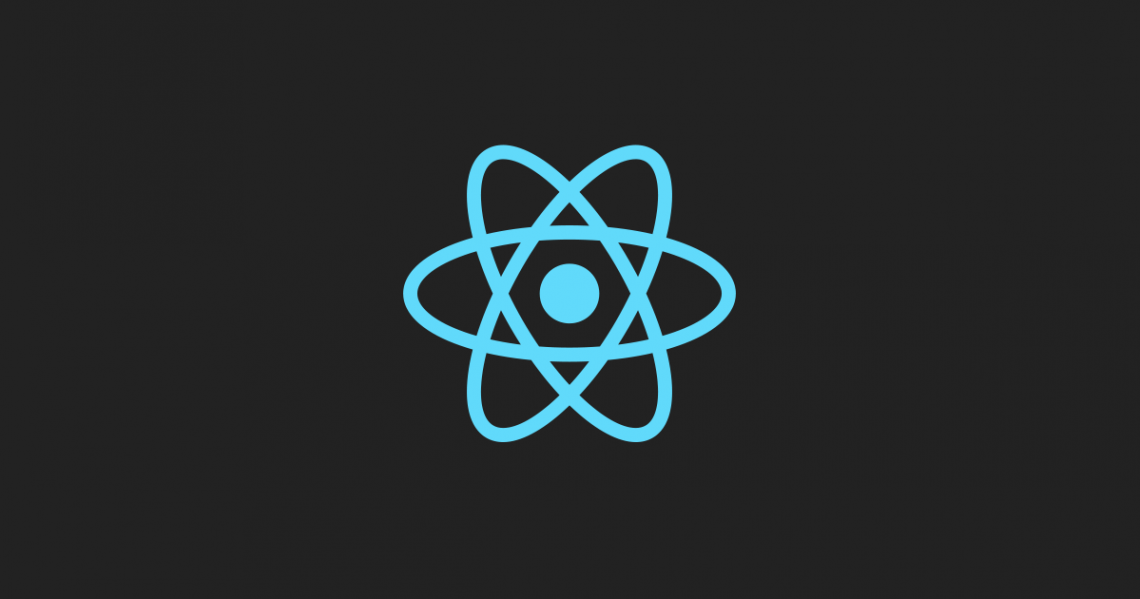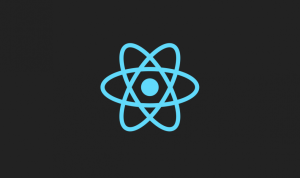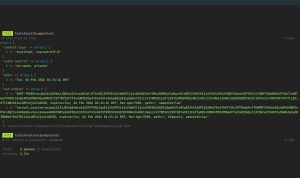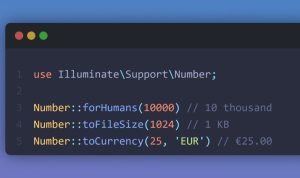What is ES6?
ES6 stands for ECMAScript 6.
ECMAScript was created to standardize JavaScript, and ES6 is the 6th version of ECMAScript, it was published in 2015, and is also known as ECMAScript 2015.
Variables
Before ES6 there was only one way of defining your variables: with the var keyword. If you did not define them, they would be assigned to the global object. Unless you were in strict mode, then you would get an error if your variables were undefined.
Now, with ES6, there are three ways of defining your variables: var, let, and const.
Example
var
var x = 5.6;
If you use var outside of a function, it belongs to the global scope.
If you use var inside of a function, it belongs to that function.
If you use var inside of a block, i.e. a for loop, the variable is still available outside of that block.
var has a function scope, not a block scope.
Example
let
let x = 5.6;
let is the block scoped version of var, and is limited to the block (or expression) where it is defined.
If you use let inside of a block, i.e. a for loop, the variable is only available inside of that loop.
let has a block scope.
Example
const
const x = 5.6;
const is a variable that once it has been created, its value can never change.
const has a block scope.
The keyword const is a bit misleading.
It does not define a constant value. It defines a constant reference to a value.
Because of this you can NOT:
- Reassign a constant value
- Reassign a constant array
- Reassign a constant object
But you CAN:
- Change the elements of constant array
- Change the properties of constant object











